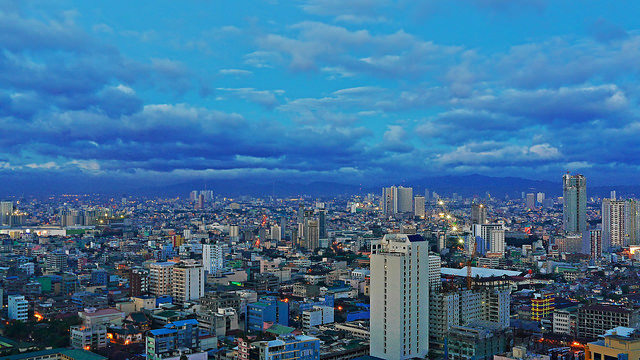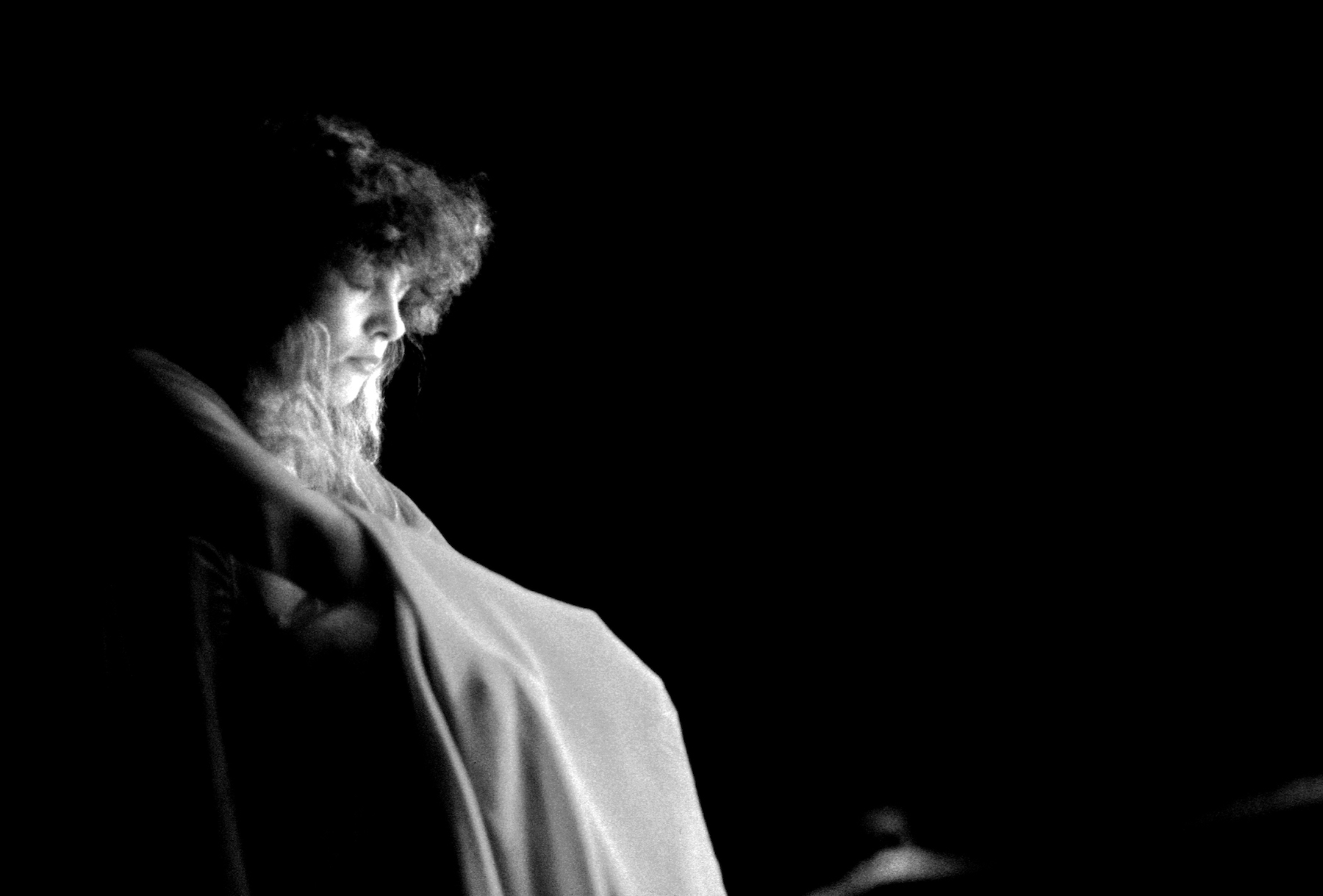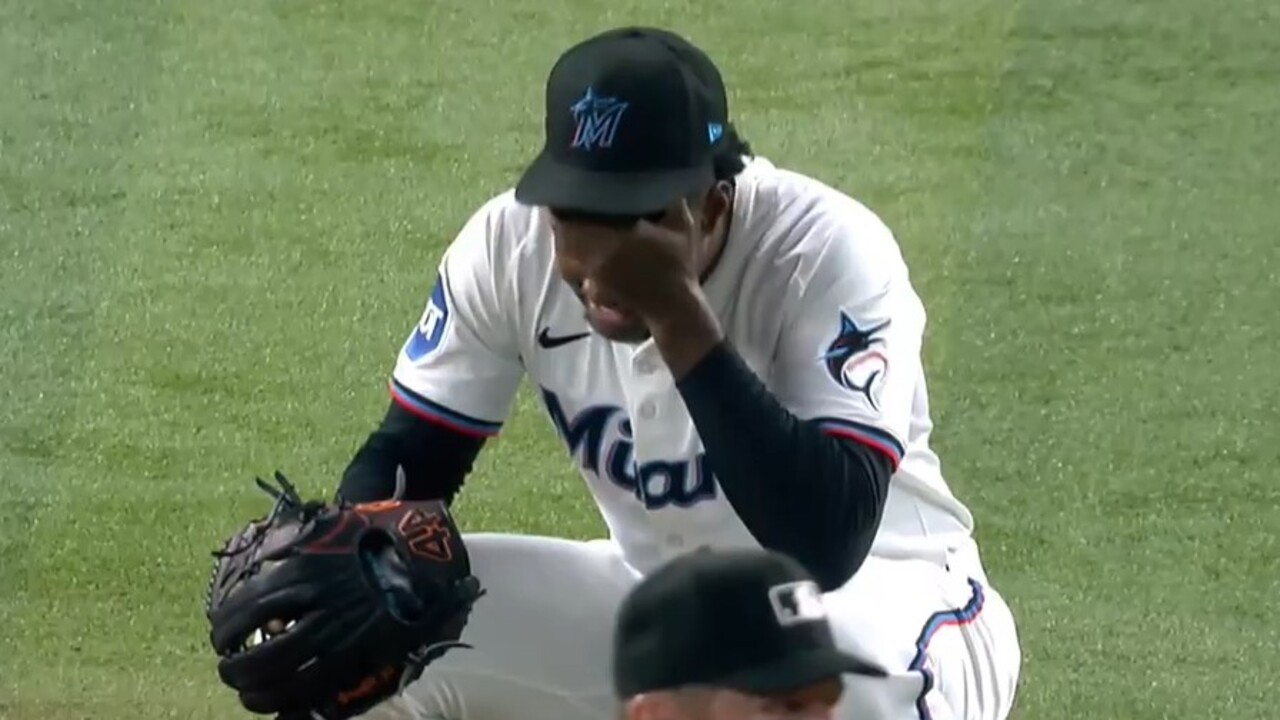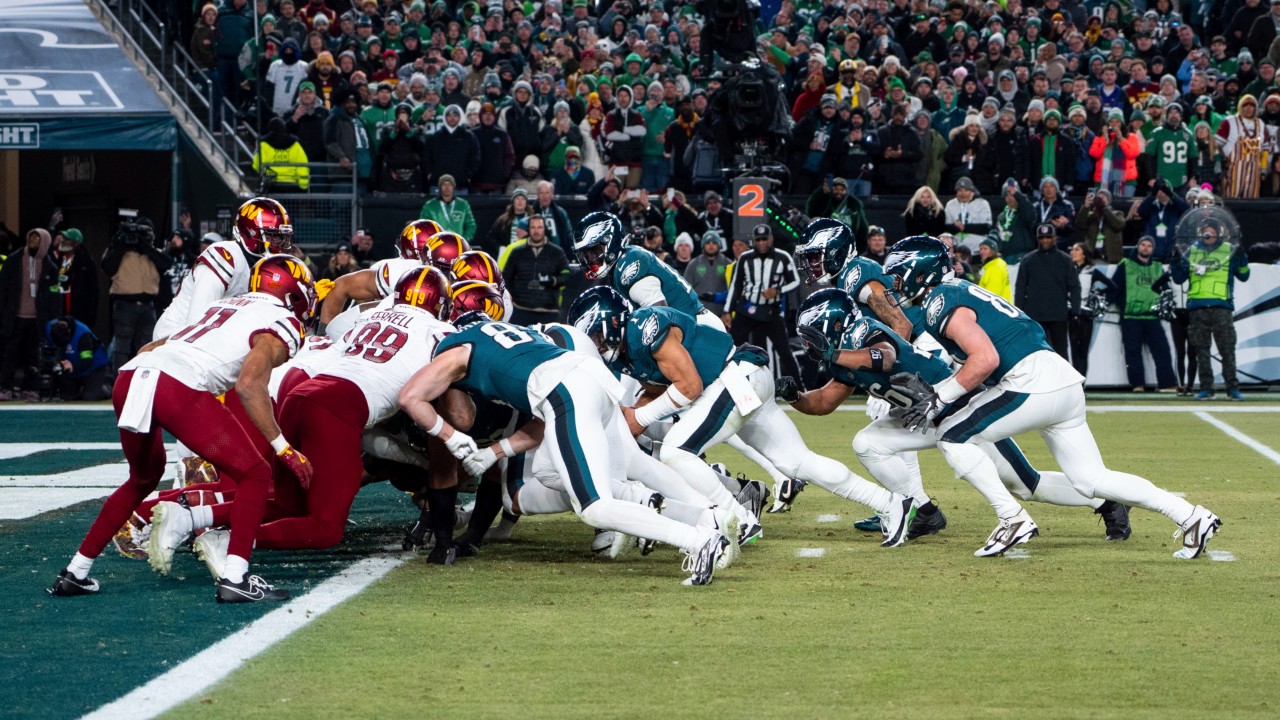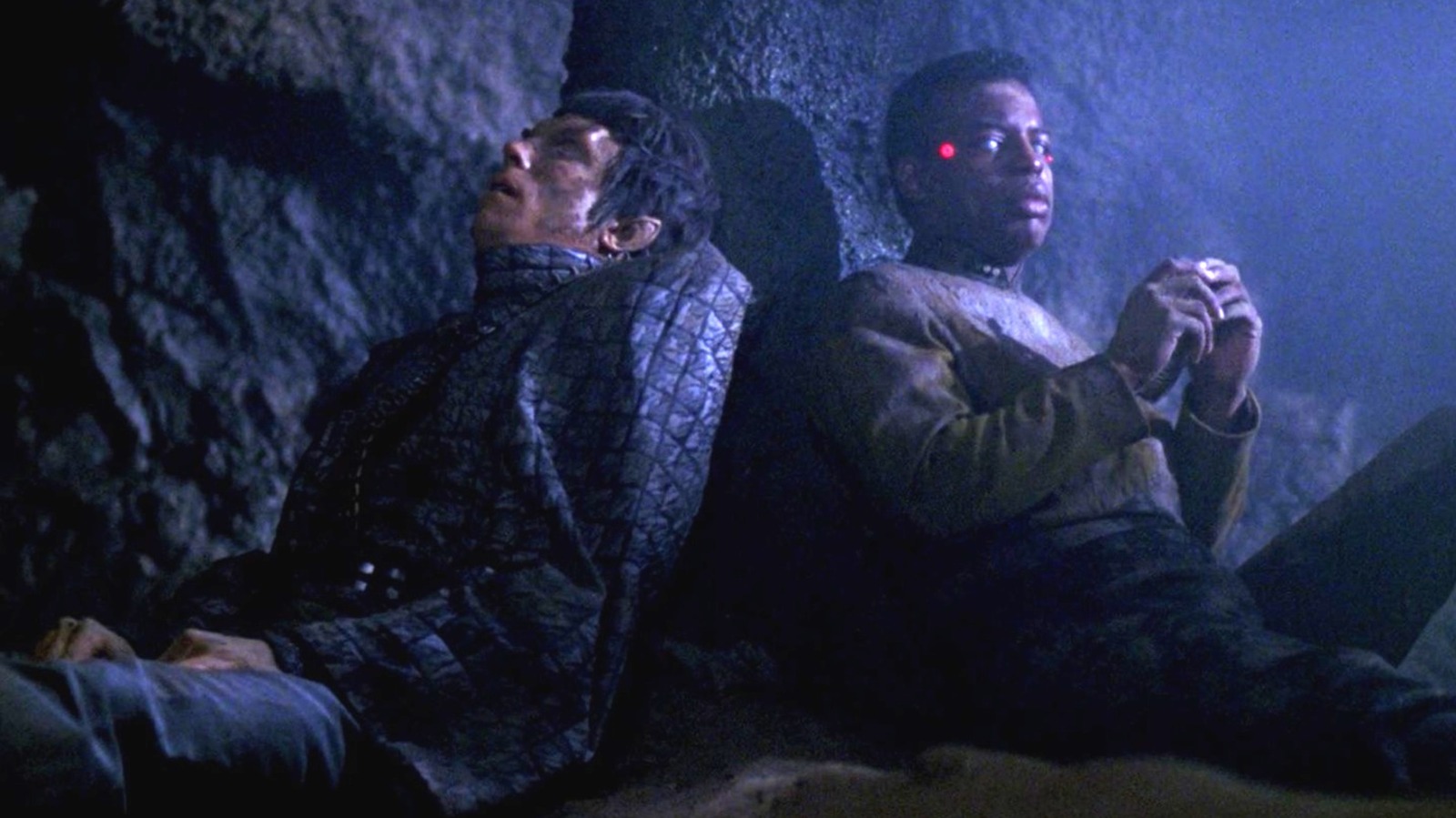En movimiento: Walking and Thinking
My column for a Spanish monthly film magazine, submitted in mid-December 2021. — J.R. What first led me to Radu Jude’s provocative Bad Luck Banging or Loony Porn wasn’t the Golden Bear it won in Berlin. Ever since Titanie received the Palme d’Or at Cannes, I’ve figured that any film, no matter how silly, can win the top prize at a major film festival. It was mostly the declaration of J. Hoberman in Artforum, who listed it first in his 2021 Top Ten and called it “the movie with the most relentless focus on the way we live now.” In certain ways, Jude’s feature recalls Dušan Makavejev’s WR: Mysteries of the Organism half a century ago. A few of the parallels: an awkward two-part title; an Eastern European filmmaker examining the complex relationships between sex and politics, with pessimism about some of the consequences of sexual liberation and the brutal victimizing of a politically lucid heroine; a heady mix of various materials and different forms of discourse, including a bold fusion of fiction and documentary; a lot of footloose shooting on urban streets. But insofar as Hoberman’s claim for the film seems both apt and important, it isn’t really similar to Makavejev’s masterpiece because it comes out of a very different period—during a global pandemic, not during or just after the countercultural 1960s. Read more
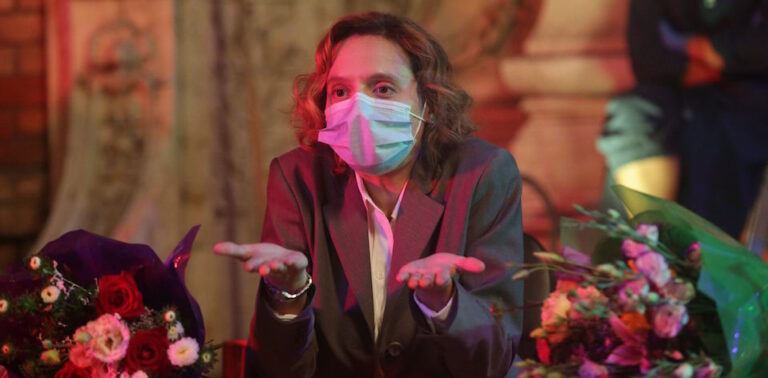
My column for a Spanish monthly film magazine, submitted in mid-December 2021. — J.R.
What first led me to Radu Jude’s provocative Bad Luck Banging or Loony Porn wasn’t the Golden Bear it won in Berlin. Ever since Titanie received the Palme d’Or at Cannes, I’ve figured that any film, no matter how silly, can win the top prize at a major film festival. It was mostly the declaration of J. Hoberman in Artforum, who listed it first in his 2021 Top Ten and called it “the movie with the most relentless focus on the way we live now.”
In certain ways, Jude’s feature recalls Dušan Makavejev’s WR: Mysteries of the Organism half a century ago. A few of the parallels: an awkward two-part title; an Eastern European filmmaker examining the complex relationships between sex and politics, with pessimism about some of the consequences of sexual liberation and the brutal victimizing of a politically lucid heroine; a heady mix of various materials and different forms of discourse, including a bold fusion of fiction and documentary; a lot of footloose shooting on urban streets. But insofar as Hoberman’s claim for the film seems both apt and important, it isn’t really similar to Makavejev’s masterpiece because it comes out of a very different period—during a global pandemic, not during or just after the countercultural 1960s. Read more
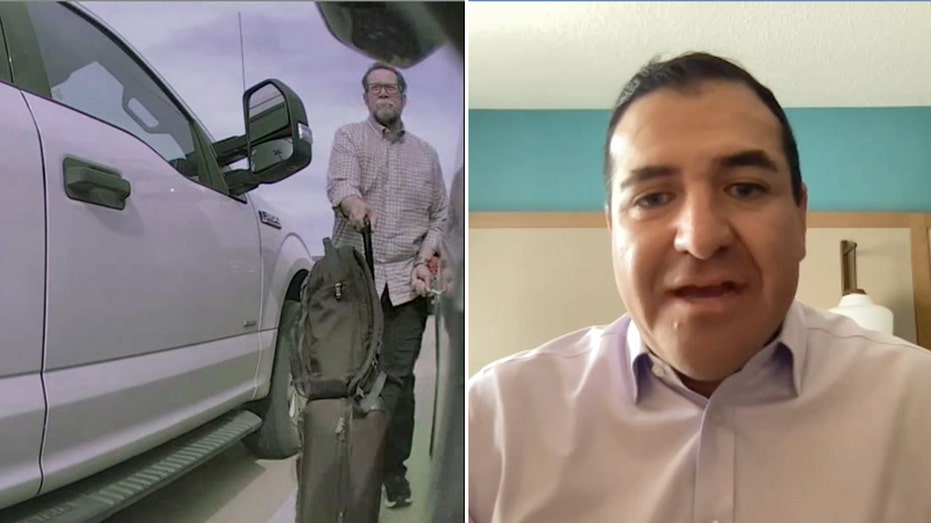











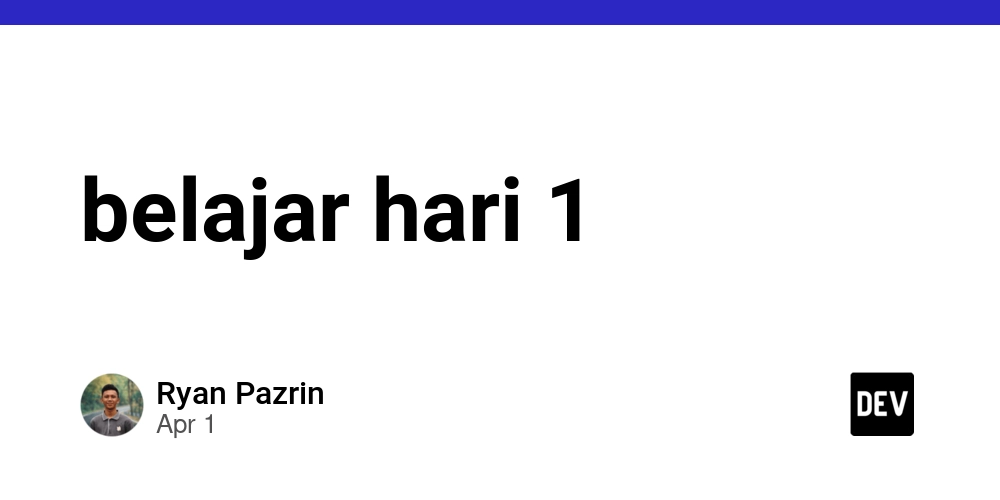
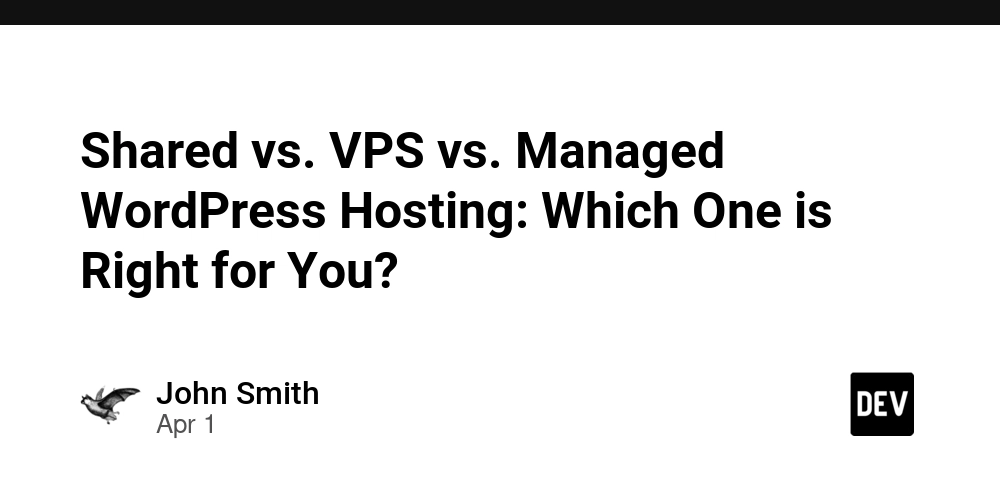
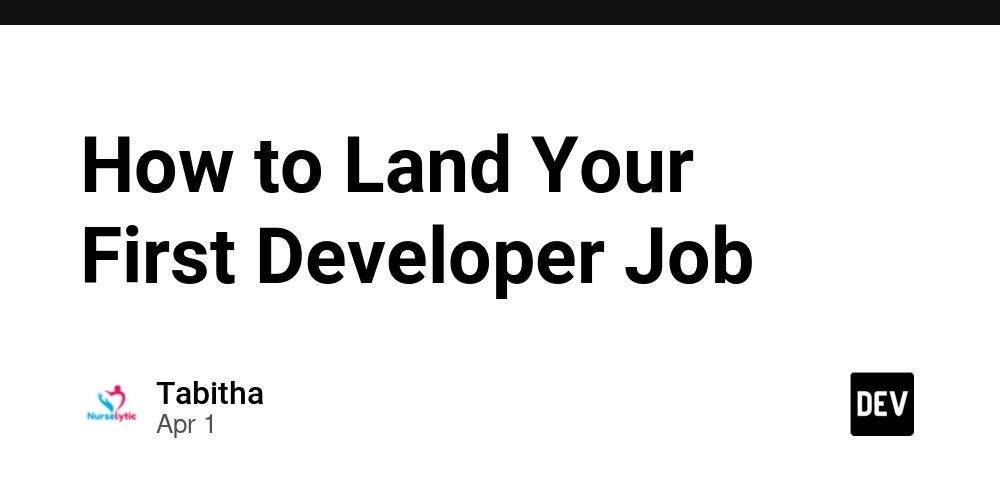


![[The AI Show Episode 142]: ChatGPT’s New Image Generator, Studio Ghibli Craze and Backlash, Gemini 2.5, OpenAI Academy, 4o Updates, Vibe Marketing & xAI Acquires X](https://www.marketingaiinstitute.com/hubfs/ep%20142%20cover.png)
_marcos_alvarado_Alamy.jpg?#)
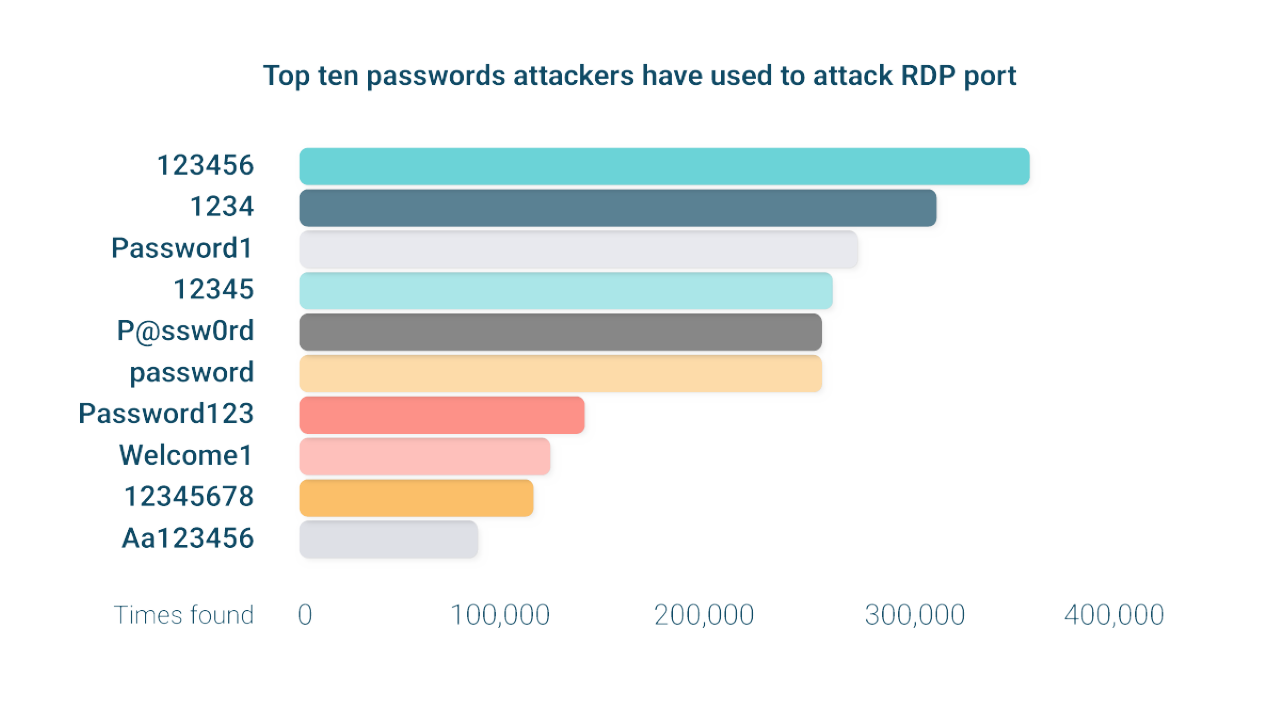
















/https://tf-cmsv2-smithsonianmag-media.s3.amazonaws.com/filer_public/2c/9d/2c9d05ee-5ef8-4a0c-9c23-90d5705d6745/main_hs-2015-44-b-xlarge_web-jpg.jpeg?#)









